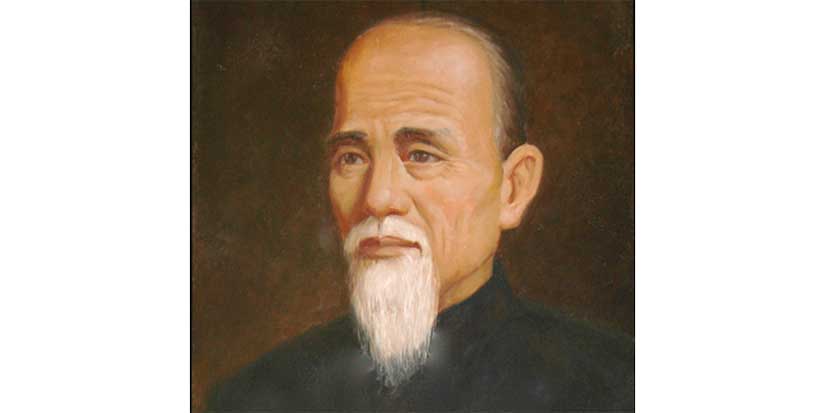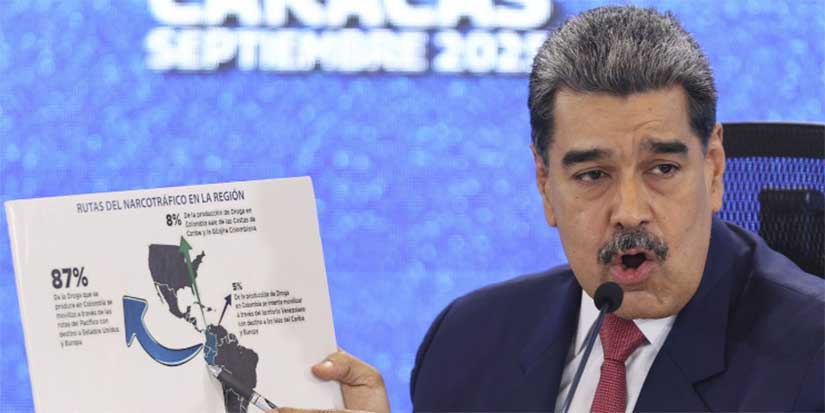National News
Bank of Canada rate cut expected even as inflation ticks up to 1.9% in August
Published 10:17 PDT, Tue September 16, 2025
—
Most economists believe the Bank of Canada has a green light to cut interest rates on Wednesday after a last-minute inflation report showed price pressures were relatively tame in August.
Annual inflation rose to 1.9 per cent last month, Statistics Canada said Tuesday. That's up from 1.7 per cent in July but short of economists' expectations for two per cent inflation heading into the release.
Benjamin Reitzes, BMO's managing director of Canadian rates and macro strategist, said there's "nothing in this report to take (the Bank of Canada) off track from a rate cut."
The acceleration in headline inflation was near expectations and core metrics — closely watched because they strip out volatility — did not show signs of creeping higher.
Annual core inflation figures held steady around three per cent and shorter-term trends are below that mark.
"As long as we don't see any worsening there, for now, I think they're OK cutting rates," Reitzes said.
The bank held its benchmark interest rate steady at 2.75 per cent in three consecutive decisions as it waited for more information on how the United States' tariff dispute would affect the economy and inflation.
The Canadian economy shrank in the second quarter as tariffs took a toll, StatCan data show. Canada also shed more than 100,000 jobs over the past two months, driving the unemployment rate up to 7.1 per cent.
A weaker economy means less pressure on prices going forward, Reitzes explained.
Financial market odds of an interest rate cut on Wednesday held above 95 per cent after the inflation release, according to LSEG Data & Analytics.
Scotiabank, TD Bank, CIBC and National Bank are all expecting a cut on Wednesday.
Not all forecasters are convinced though.
RBC economist Abbey Xu said in a note to clients Tuesday that the central bank must strike a "fine balance" in its rate decision.
Early signs of a third-quarter recovery in the economy, stickiness in core inflation, resilient consumer spending and planned fiscal stimulus from the federal government's upcoming fall budget could push inflation higher again in the months ahead, she warned.
"Today’s inflation report does little to sway that assessment, and we continue to think the Bank of Canada’s decision (Wednesday) will be a close call between a 25-basis-point cut to the overnight rate and a hold," Xu said.
BMO is expecting two quarter-point cuts at some point, but Reitzes said the pace of further easing will depend on upcoming inflation reports.
StatCan meanwhile said stubbornness at the gas pumps was fuelling the higher August inflation reading.
Gasoline prices rose 1.4 per cent month-over-month in August as higher refining margins offset lower crude costs, StatCan said.
The price of gas was still down 12.7 per cent annually in August — the end of the consumer carbon price has deflated costs for motorists since the spring — but the decline fell short of July’s 16.1 per cent drop, pushing the headline inflation rate higher.
Stripping out gas prices, inflation came in at 2.4 per cent in August, down a tick from the past three months.
Reitzes warned that rising gas prices might continue to push the headline inflation number higher in September, but added that the Bank of Canada will largely look through those influences as it sets monetary policy.
He said the central bank might worry if those fuel costs start to skew Canadians' inflation expectations higher, however.
Monetary policymakers try to keep consumer and business expectations of inflation anchored to the central bank's two per cent target over the long term. Otherwise, higher expectations can lead consumers to spend more and businesses to freely pass on higher costs, fuelling inflation in a self-fulfilling cycle.
The same issue could arise for food inflation, he said, if Canadians continue to see their grocery bills rising.
"That's one of the challenges, I think, that the Bank of Canada faces at the moment: food in particular, something you buy every day, has continued to push higher," Reitzes said.
Tuesday's inflation data show it was a mixed bag at the grocery store last month.
The cost of groceries rose 3.5 per cent annually in August, up a tenth of a point from July.
StatCan said price growth for meat accelerated to 7.2 per cent in August from 4.7 per cent the previous month as the cost of fresh and frozen beef surged 12.7 per cent.
Meanwhile, the cost of fresh fruit fell 1.1 per cent, reversing course on a 3.9 per cent gain in July, thanks largely to lower prices for grapes and cherries.
Reitzes said Canadians should find some grocery relief "at the margins" from Ottawa dropping most of its retaliatory tariffs on the United States at the start of the month, but agriculture conditions are still volatile.
Rising rents and mortgage interest costs remain the biggest factors pushing the annual inflation rate higher.
StatCan said fewer back-to-school deals for cellphone plans meant prices for cellular services also rose on a monthly basis in August.
Weak Canadian demand for visiting the United States last month, meanwhile, helped push prices for travel tours down 9.3 per cent compared with a year ago, the agency said.
– Craig Lord, The Canadian Press































